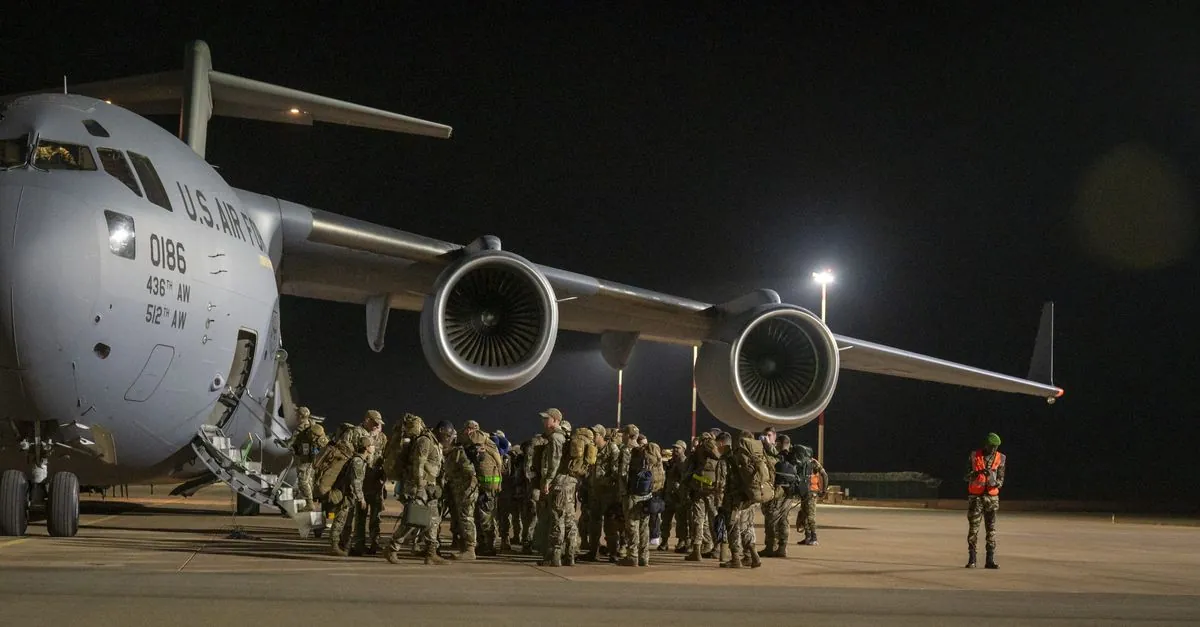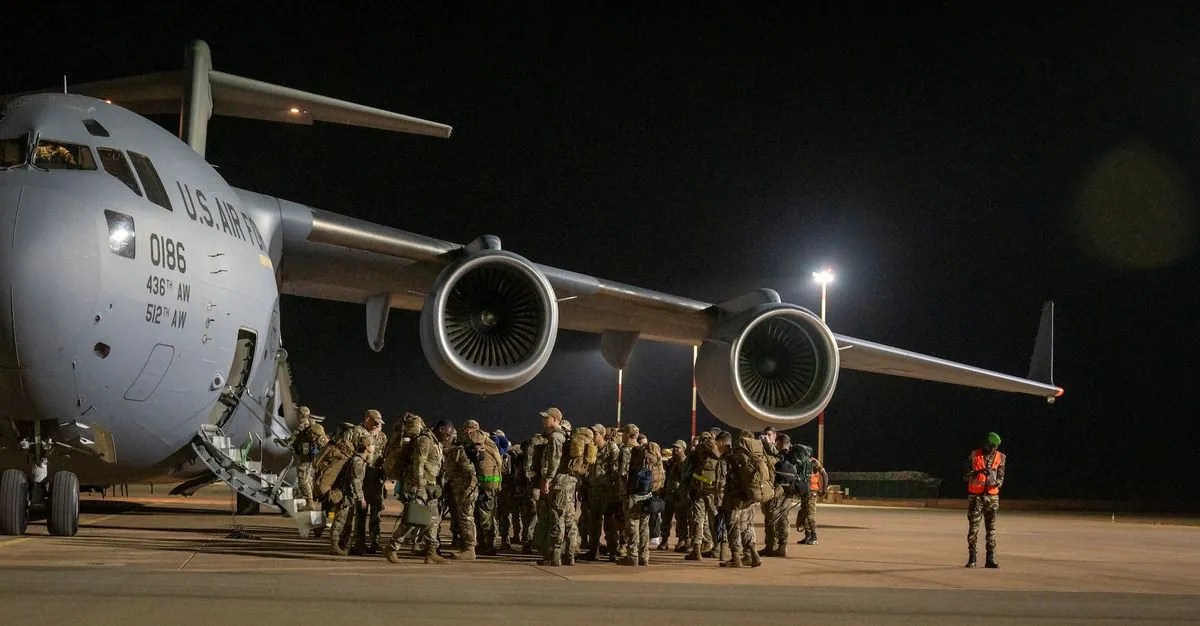U.S. Military Completes Withdrawal from Niger Amid Regional Challenges
The U.S. military has finalized its withdrawal from Niger, following orders from the country's ruling junta. This marks a significant shift in America's counterterrorism strategy in the Sahel region.

The U.S. military has concluded its withdrawal from Niger, marking a significant shift in America's counterterrorism strategy in West Africa. This development comes in response to directives issued by Niger's ruling junta in April 2024, following a coup in the previous year.
Niger, a landlocked nation in West Africa named after the Niger River, had been a crucial ally in U.S. efforts to combat insurgencies in the Sahel region. This semi-arid belt south of the Sahara Desert has been plagued by extremist groups, resulting in thousands of casualties and millions of displaced individuals.
The withdrawal process was executed in stages. U.S. forces departed from Air Base 101 in Niamey, the capital city, on July 7, 2024, followed by their exit from Air Base 201 in Agadez on August 5, 2024. The final phase saw the departure of the U.S. Africa Command Coordination Element, led by a two-star general and support staff, meeting the September 15, 2024 deadline.

Over the past decade, U.S. troops played a crucial role in training Niger's forces and supporting partner-led counterterrorism missions against extremist groups such as the Islamic State in the Greater Sahara (ISGS) and Al-Qaeda in the Islamic Maghreb (AQIM). These organizations have been active in the region, exploiting local grievances and the challenging terrain.
The U.S. withdrawal presents new challenges for regional security. Washington is now seeking alternative strategies to maintain its influence and counter extremist threats in West Africa. However, officials caution that this process is progressing slowly, and there are concerns about diminishing intelligence on the rapidly evolving extremist groups in the area.
Niger, with a population of approximately 25 million as of 2024, has experienced multiple coups since gaining independence from France in 1960. The country faces numerous challenges, including poverty, desertification, and the need for economic diversification beyond its uranium mining industry.
The U.S. Department of Defense and the Nigerien Ministry of National Defense have acknowledged the sacrifices made by both nations' forces during their cooperation. This recognition underscores the complex nature of international military partnerships and the ongoing struggles in maintaining stability in the Sahel region.
As the U.S. recalibrates its approach to West Africa, the situation in Niger and the broader Sahel region remains a concern for international security. The withdrawal of U.S. forces may have implications for the fight against extremism and the overall stability of this strategically important area.
"The U.S. Department of Defense and the Nigerien Ministry of National Defense recognize the sacrifices made by both nations' forces."
This development follows the earlier withdrawal of French forces from Niger in 2023, further altering the landscape of international military presence in the country. As Niger navigates its political future, the international community watches closely, aware of the potential ramifications for regional security and the ongoing fight against extremism in West Africa.


































